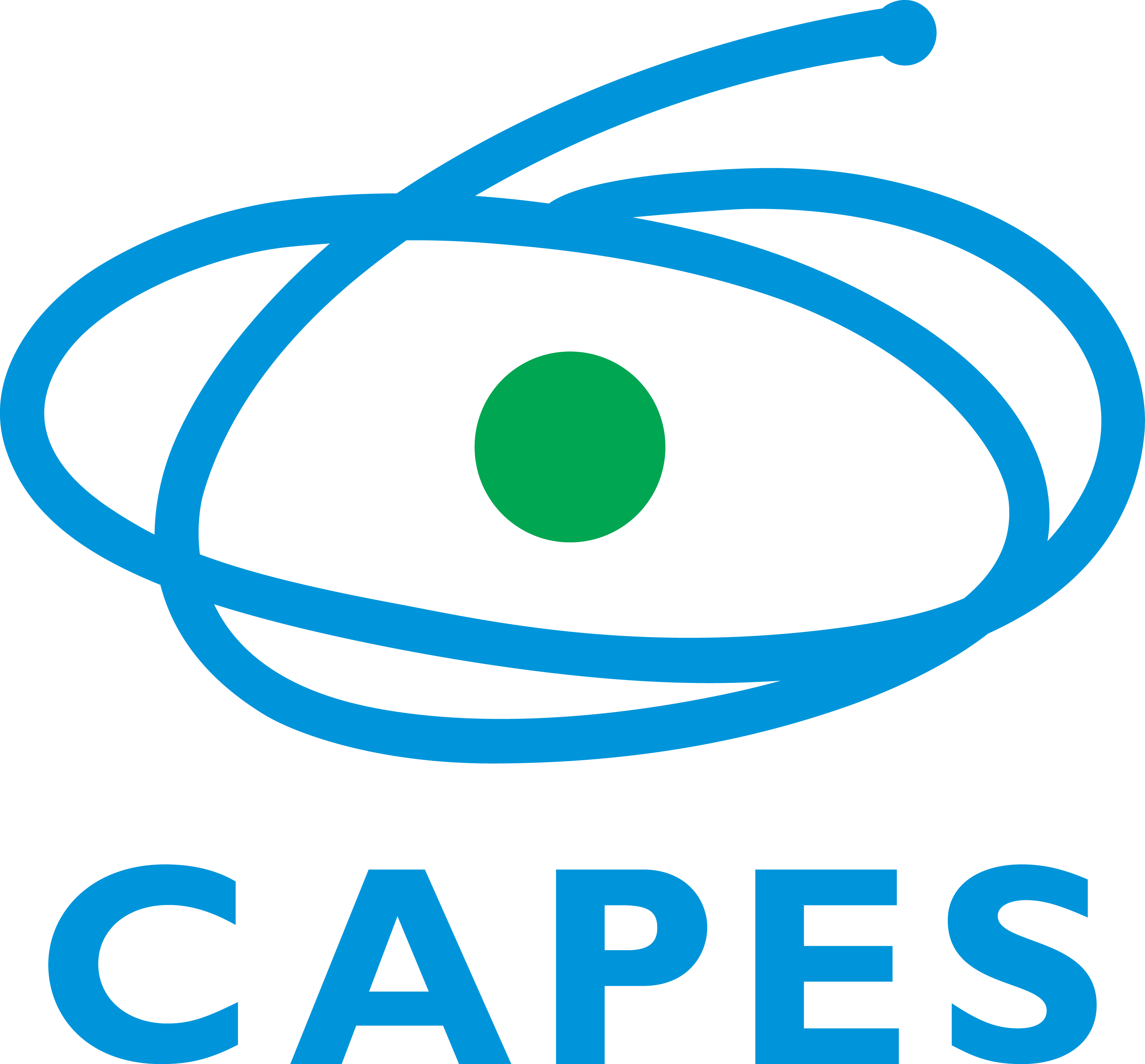Clippings and organization of historical content for basic education
DOI:
https://doi.org/10.5433/1984-3356.2009v2n3p131Keywords:
history didactics, curriculum, contents selectionAbstract
One of the main problems of Didactics - general and specific, in this case, the History Didactics - is the problem of selection and organization of teaching contents. Considering the complexity and historicity of this task, this paper searches the historical foundations of choosing and organizing contents for the Brazilian History and General History teaching, since the discipline origins at the nineteenth century to the great lines of contemporary organization of contents. It is presupposed that the effects of modernity, nationalism and European view moulds and impose conditions to the scholar discipline, generating characteristics that remain until today, imposing limitations to changing projects. At the meantime, the decolonization processes supports alternative projects of History and History teaching, among them we have the America's History, presented at Brazil in the beginning of twentieth century. With the critical reservation to the four parts traditional division of the General History and three parts traditional division of Brazil's National History, the following proposals of didactical treatment of historical contents are schematized: traditional General and National History (lineal and traditional approaches), Integrated History, Thematic History, regressive or retrospective History and History throughout the Means of Production of the marxism.
Downloads
Downloads
Published
How to Cite
Issue
Section
License
Copyright (c) 2025 Luis Fernando Cerri

This work is licensed under a Creative Commons Attribution 4.0 International License.
The journal reserves the copyright on the contributions published, without material compensation for the author, and may make them available online in Open Access mode, through its own system or other databases; you can also make normative, orthographic and grammatical changes in the originals, in order to maintain the cultured standard of the language, with the final consent of the authors. The opinions expressed by the authors are their sole responsibility.









